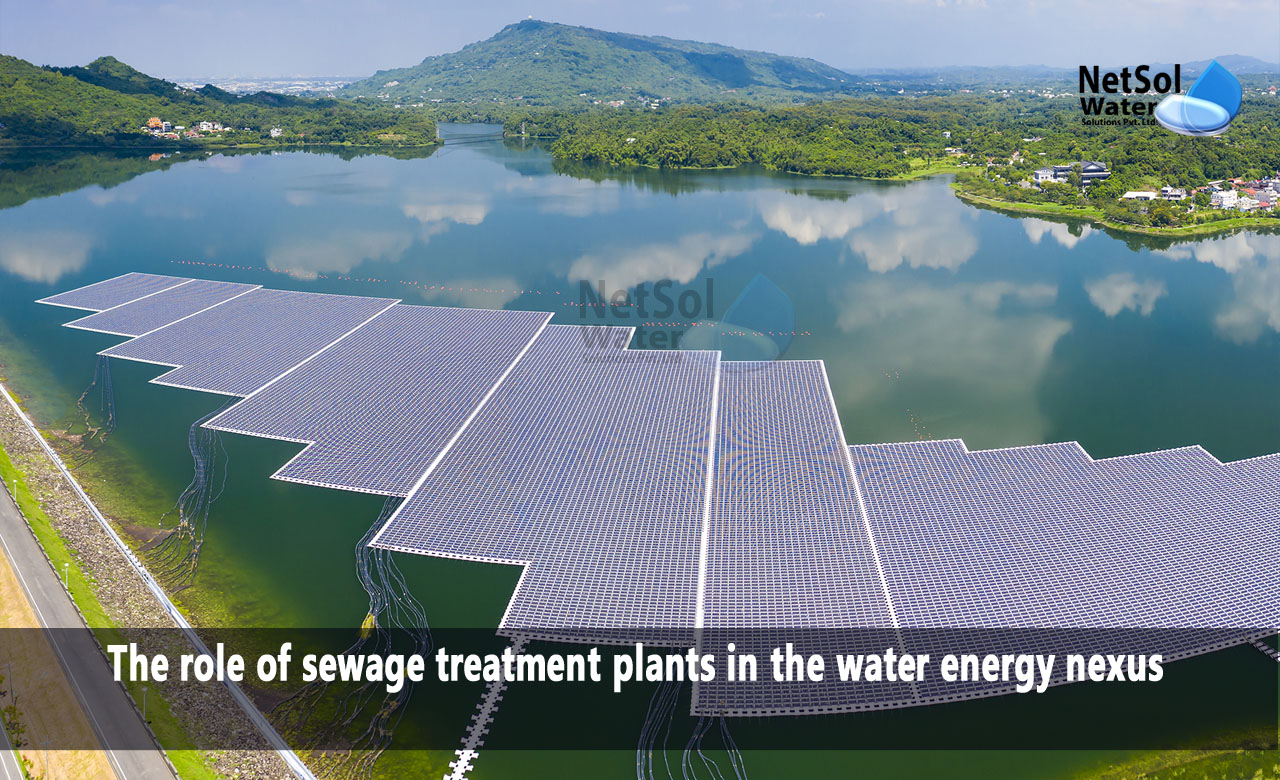What is the role of sewage treatment plants in the water-energy nexus?
The water-energy nexus is an important concept that highlights the interdependence of water and energy resources. As the world grapples with the challenges of population growth and climate change, it becomes crucial to find innovative solutions that promote the efficient use of both water and energy.
In this blog, we will explore the role of sewage treatment plants in the water-energy nexus and discuss the advancements in energy-efficient treatment processes that are transforming these facilities.
The Water-Energy Nexus: A Symbiotic Relationship
Water and energy are inherently linked. Energy is required to extract, treat, and distribute water, while water is essential for energy generation processes. This interdependence creates a unique opportunity to optimize the water-energy nexus, especially in sewage treatment plants. Traditionally, these plants have been energy-intensive, consuming substantial amounts of electricity for various treatment processes. However, innovations in energy-efficient treatment processes are now revolutionizing the way wastewater is managed.
Advancements in Energy-efficient Treatment Processes
- Anaerobic Digestion: Anaerobic digestion is a process that breaks down organic matter in wastewater in the absence of oxygen, producing biogas as a byproduct. Biogas, primarily composed of methane, can be captured and utilized as an energy source within the treatment plant or converted into electricity and heat. This process not only reduces the reliance on external energy sources but also offers an opportunity for energy self-sufficiency.
- Combined Heat and Power (CHP) Systems: CHP systems, also known as cogeneration systems, simultaneously produce electricity and heat from a single fuel source. By integrating CHP systems into sewage treatment plants, the excess heat generated during electricity production can be repurposed for various heating requirements within the plant. This co-generation approach significantly improves energy efficiency and reduces greenhouse gas emissions.
- Membrane Bioreactors (MBRs): Membrane bioreactors are a combination of biological treatment processes and membrane filtration. They provide a more compact and efficient treatment system compared to conventional processes. MBRs require less energy for aeration and produce high-quality treated water. The improved energy efficiency of MBRs not only reduces operational costs but also minimizes the carbon footprint of the treatment plant.
- Energy Recovery Systems: Sewage contains significant amounts of thermal energy that can be harnessed and utilized. Energy recovery systems capture this thermal energy from wastewater and repurpose it for various heating applications, such as space heating or preheating incoming wastewater. This innovative approach reduces the reliance on conventional heating methods and conserves energy.
- Advanced Control Systems: The integration of advanced control systems, such as real-time monitoring and optimization algorithms, can significantly enhance the energy efficiency of sewage treatment plants. These systems optimize process parameters, such as aeration rates and chemical dosing, based on real-time data, ensuring that energy is used efficiently and effectively.
Benefits and Future Outlook
The adoption of energy-efficient treatment processes in sewage treatment plants brings forth numerous benefits. Firstly, it reduces the carbon footprint and environmental impact of these facilities, contributing to global efforts to mitigate climate change. Secondly, it lowers operational costs by reducing energy consumption and dependence on external energy sources. Additionally, these innovations foster the development of a sustainable water-energy nexus, where resources are utilized in a synergistic and efficient manner.
Looking ahead, further advancements in energy-efficient treatment processes are expected. Emerging technologies, such as microbial fuel cells, algae-based treatment systems, and nutrient recovery processes, hold promise for even greater energy savings and resource recovery. Moreover, the integration of renewable energy sources, such as solar and wind, can further enhance the sustainability of sewage treatment plants.
Conclusion
The water-energy nexus presents an opportunity for sewage treatment plants to become more energy-efficient and sustainable. Through the adoption of innovative treatment processes and technologies, these facilities can optimize energy consumption, reduce greenhouse gas emissions, and promote resource recovery. By harnessing the symbiotic relationship between water and energy, we can create a future where sewage treatment plants serve as beacons of environmental stewardship, contributing to a more sustainable and resilient society.
Netsol Water is Greater Noida-based leading water & wastewater treatment plant manufacturer. We are industry's most demanding company based on client review and work quality. We are known as best commercial RO plant manufacturers, industrial RO plant manufacturer, sewage treatment plant manufacturer, Water Softener Plant Manufacturers and effluent treatment plant manufacturers. Apart from this 24x7 customer support is our USP. Call on +91-9650608473, or write us at enquiry@netsolwater.com for any support, inquiry or product-purchase related query.



